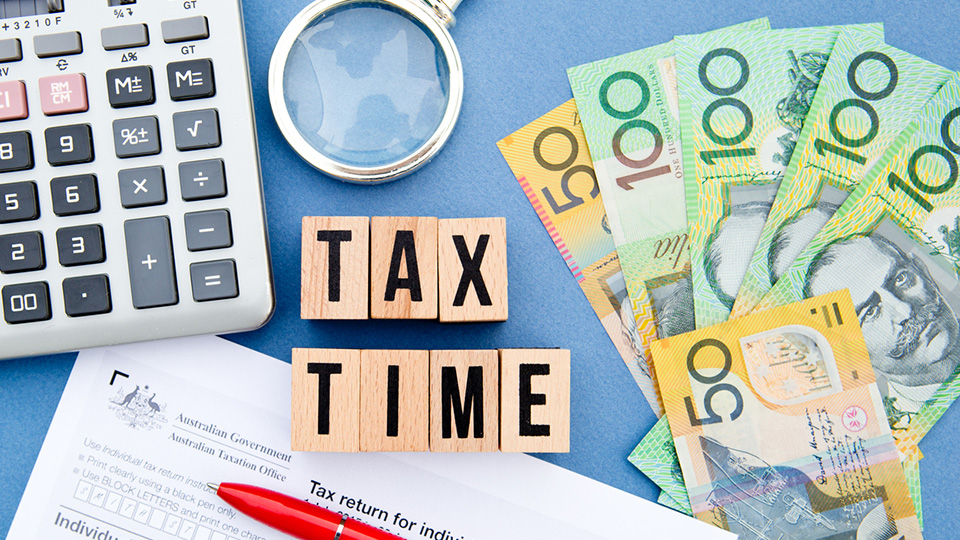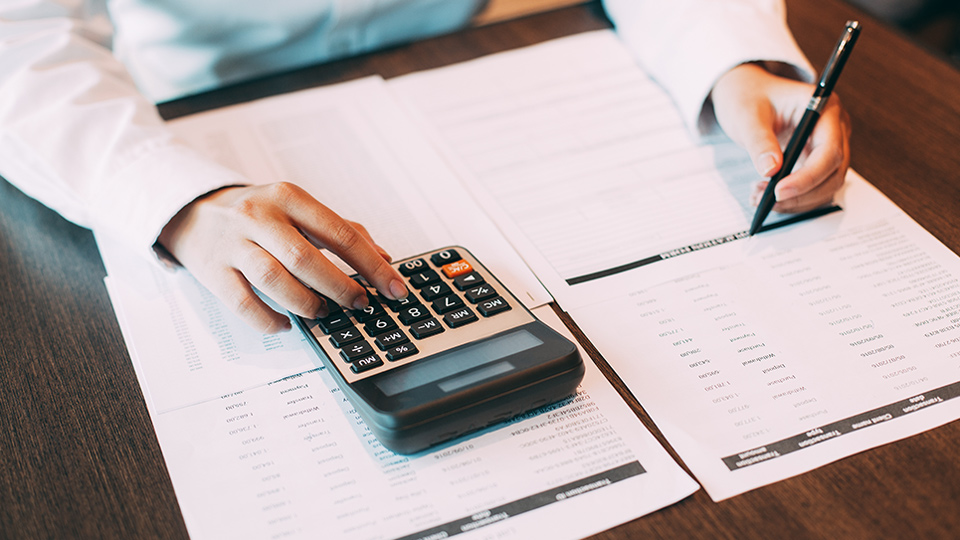October 26, 2017
How changes to GST affects Bitcoin and other cryptocurrency

By Florence Ioannou
Cryptocurrency – it’s a form of digital money designed to be secure and it is quickly becoming a global phenomenon.
The currency associated with the internet applies cryptography, a process of converting coherent information into a hard-to-crack code, to track purchases and transactions.
Established in 2009, Bitcoin was the first decentralised cryptocurrency. Many others, often referred to as altcoins, have been created since.
One example is OpenBazaar, a commerce platform that connects buyers and sellers directly, and accepts Bitcoin as a method of payment.
OpenBazaar defines itself as “an open source project to create a decentralised network for peer-to-peer commerce online – using Bitcoin – that has no fees and no restrictions”.
Goods and services tax (GST)
Prior to July 1, 2017, cryptocurrency was viewed as an intangible property rather than a money instrument which gave rise to a double tax on digital currency-based payments.
“This means that consumers who use digital currencies as payment can effectively bear GST twice: once on the purchase of the digital currency and again on its use in exchange for other goods and services subject to GST,” states the ATO.
For example, if you buy $100 in Bitcoin and then use this $100 worth of Bitcoin to pay for a widget, you would have paid $10 GST for the widget and $10 for the Bitcoin you used to pay for the widget.
On October 19, 2017 a Bill (Treasury Laws Amendment, 2017 Measures No.6, Bill 2017) was passed by both houses of parliament.
The Bill will amend the current legislation (Income Tax Assessment Act 1997) to align the GST treatment of cryptocurrency with money, in particular foreign currency.
The bill is retrospective and from July 1, 2017 the Commissioner will accept that affected taxpayers may amend their lodged business activity statements (BAS) in accordance with the announced measures.
Interestingly, the Bill includes the Oxford Dictionary of English definition of Bitcoin as “a type of digital currency in which encryption techniques are used to regulate the generation of units of currency and verify the transfer of funds, operating independently of a central bank”.
This is a big step forward in accepting cryptocurrencies and demonstrating that Australia is fostering further development pertaining to blockchain technology.
It will be interesting to see if the Australian Government changes its stance on the income tax application, which is currently quite different to this new amended legislation.
Need help with tax relating to digital currency?
For expert advice on cryptocurrency and related tax requirements, please contact Florence Ioannou at LDB by phoning (03) 9875 2900.





